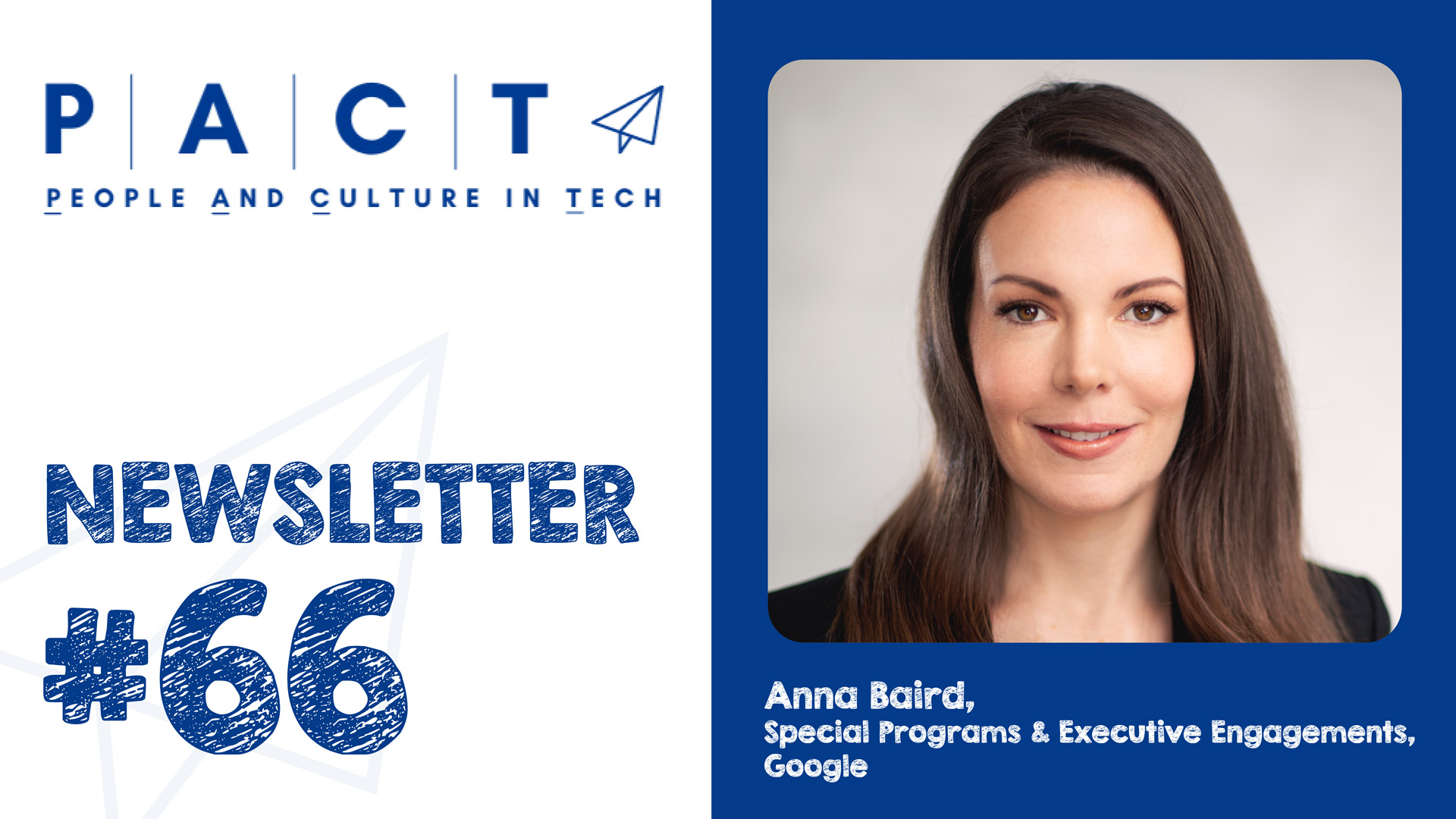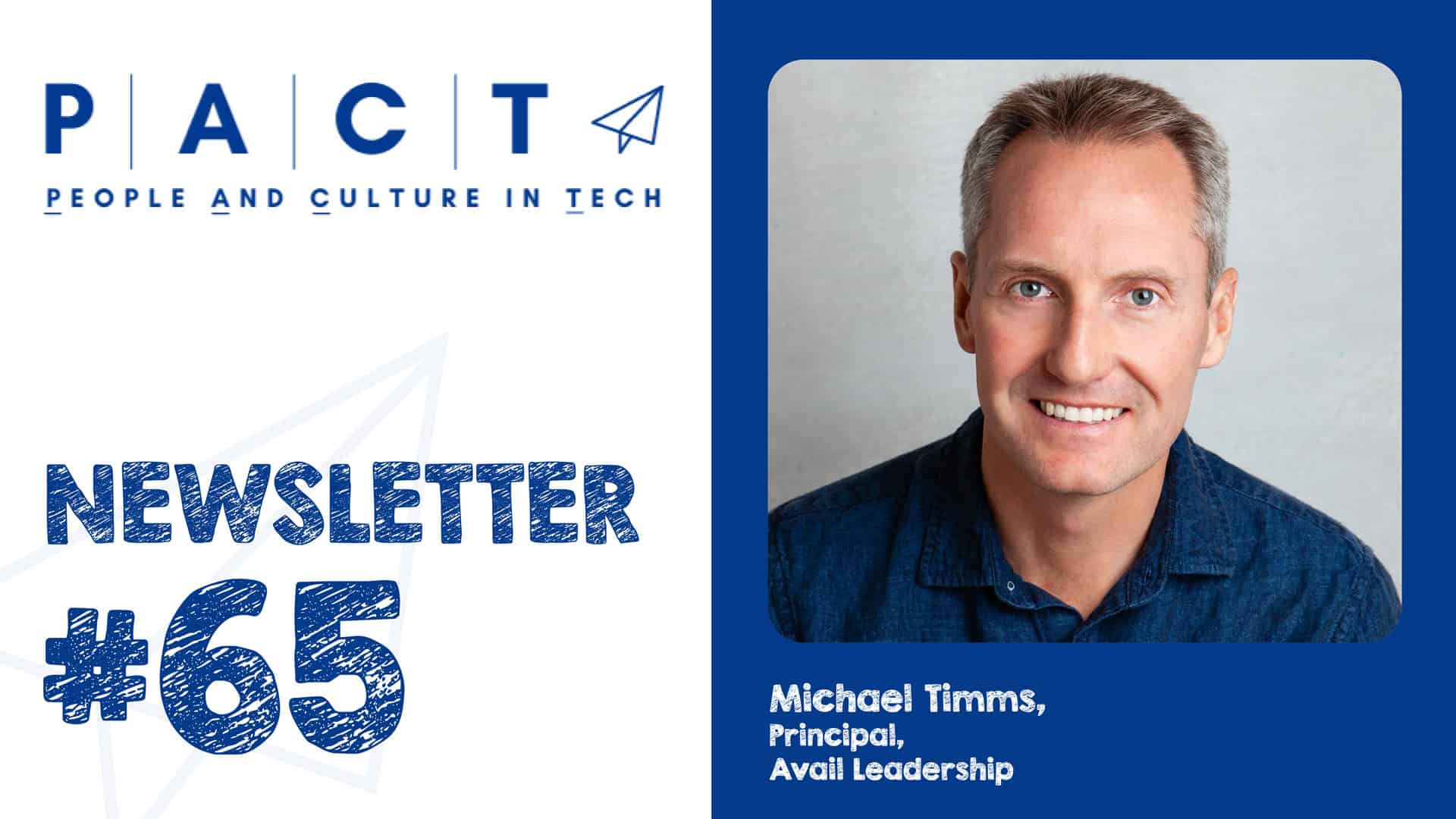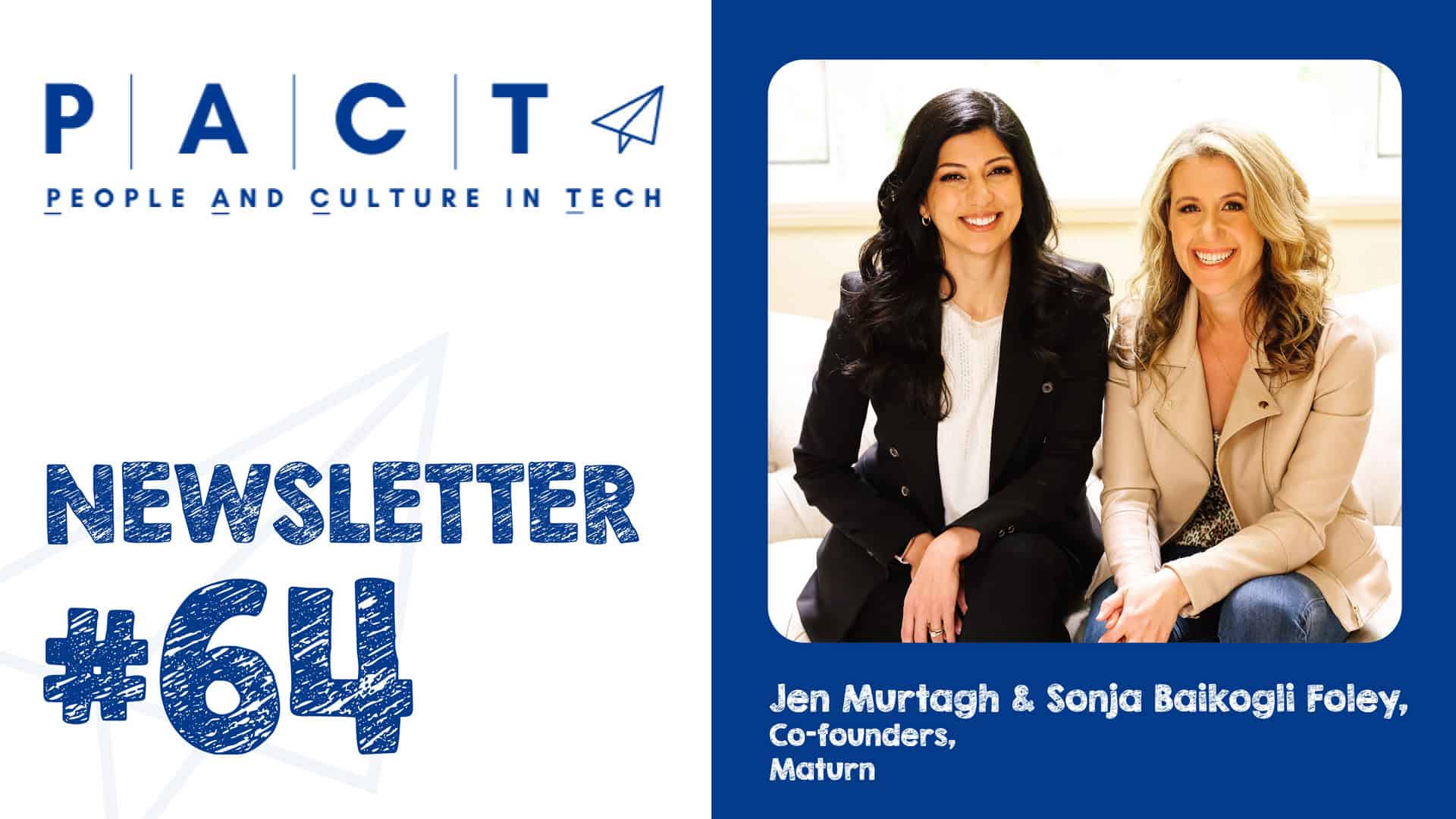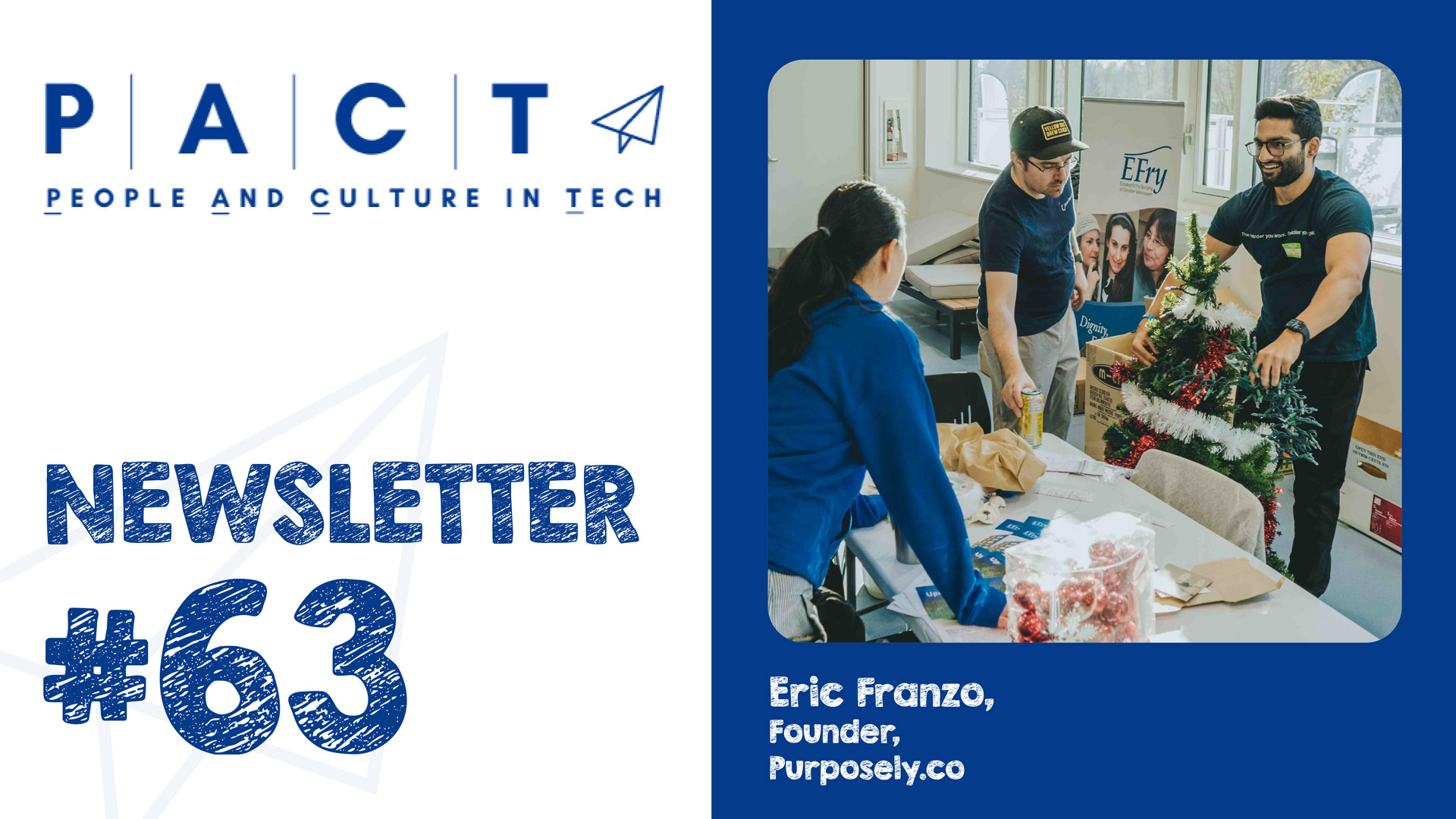Dr. Conrad Draws Strong Bond Between Leadership, Emotional Intelligence and Organizational Futures
Jason McRobbie
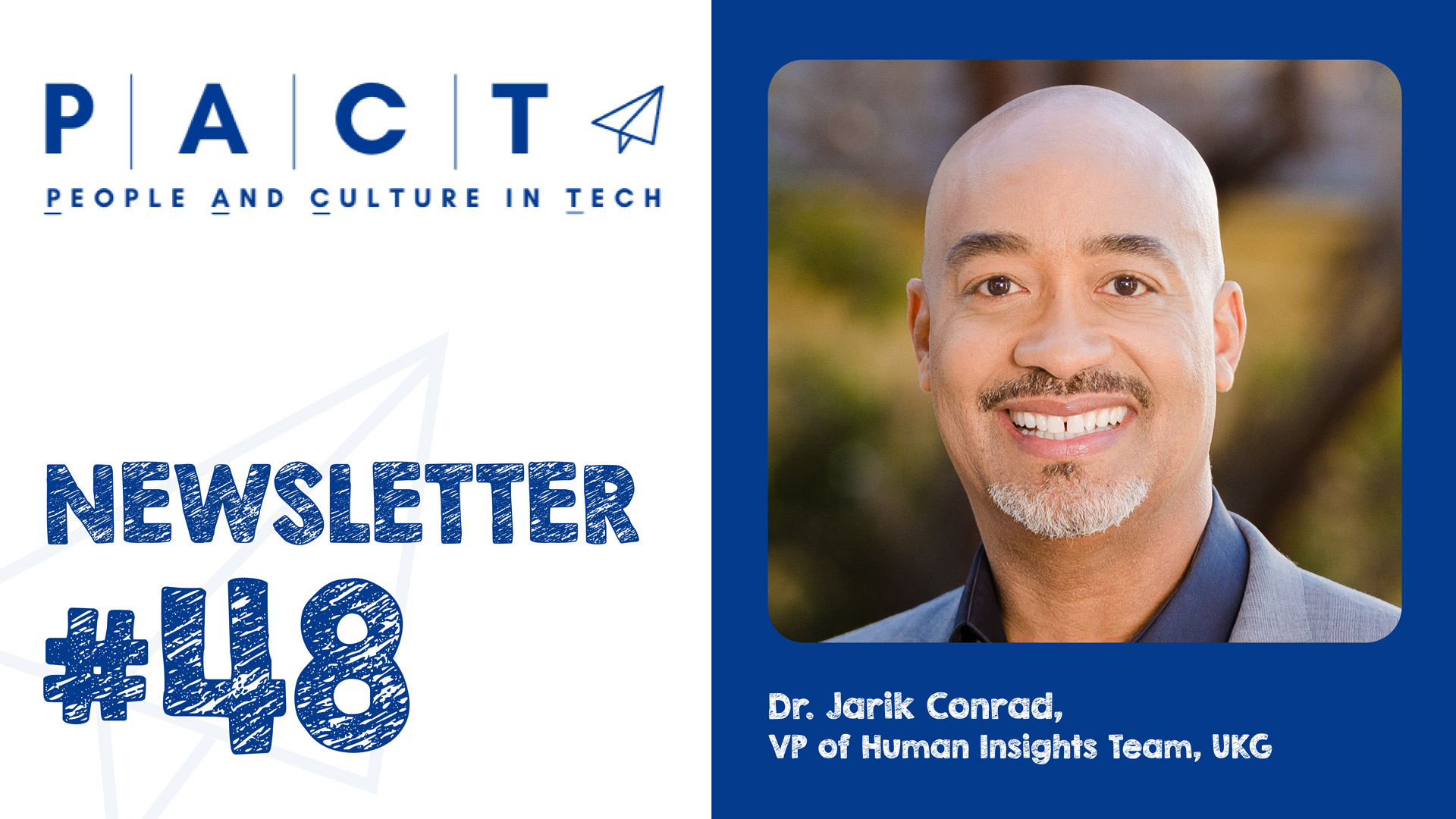
With post-pandemic stress levels still running high in a world of continued uncertainties and traumas, the importance of leaders developing a new suite of skills—chief amongst them, emotional intelligence—has become paramount to survival. We sit down with author, presenter, and UKG’s VP of Human Insights, Dr. Jarik Conrad, to cast a light on the evolution of employee expectations and how emotionally intelligent leadership underpins any organizational hope for sustainable success in the remote/hybrid era.
Key Takeaways:
- Emotional intelligence is an umbrella term encompassing a full suite of soft-skills with hard value in a distributed workplace, key to retention and attraction alike;
- The pandemic brought the mental health challenges already facing one in five Canadians to a far broader population base making it a priority for all workplaces distributed or otherwise;
- Emotionally intelligent leadership has the ability listen, build bonds and allow employees to make their organization thrive; and
- Organizations with emotional intelligence at their core are ultimately healthier on multiple bottom lines.
IQ meet EQ—otherwise known as smarts with heart.
No longer a nicety or a nice-to-have, emotional intelligence has become a necessity for today’s leader, according to Dr. Jarik Conrad, VP of Human Insights and HCM Advisory team at UKG, one of the world’s leading human management capital companies.
The sign on UKG’s proverbial door reads “Our purpose is people” and it is a message that is resonating with organizations of all shapes and sizes. After all, the true value of having a heart at the head of your business is something every leader came to grips with during the pandemic.
“At UKG, our purpose is people. For us, it starts with the people who work for us, but also looking at our customers and their people as people, trying to help them create the types of organizations where people can thrive. And people can’t thrive, if people aren’t well,” said Dr. Conrad. “The challenge is, people hold you to it. Our employees hold us to it. On a day-to-day basis, are we reinforcing that, are we behaving in that way. When you put that out there, you better be walking the talk.”
In fact, without a high degree of emotional intelligence running throughout an organization’s leadership, long term survival these days is questionable in an increasingly evolved marketplace—one in which employees have distinctly different expectations than previously.
“The people who left are not the same people who are coming back. We’ve been fundamentally changed,” said Dr. Conrad. “I really do think that the recognition of who people are as human beings—with everything that we’ve all been through with the pandemic—is key.”
“A lot of people though had the luxury to sit back and think about things differently. Who am I? Am I making my best contribution? When you start to see people in your family pass away and you’re witnessing all this death and destruction, people start asking these fundamental questions about who they are and what kind of contributions they were making at work,” said Dr. Conrad. “Am I aligned with an organization that believes in what I believe? Is there purpose there? Do I want to go back to this organization or this same job? If I do—I have a different expectation of my superior in terms of how they think about me as a human being and not just a worker.”
For Dr. Conrad that focus on people, purpose and health has held firm for decades, rooted on a deeply personal level.
“Health and wellness has been a passion of mine for a long time, both as an HR professional dealing with wellness programs and benefits programs, but personally as well. I’m 50 years old now and there were five of us—five siblings. Now, I’m down to one,” said Dr. Conrad. “I’ve already lost three siblings to chronic health issues and my sibling that is still alive is in a nursing home on hospice right now. So, from a personal stand point, I think it’s important for everyone in an organization—whether you are a leader or on the front line—to take a look at what is going on in our lives and take care of ourselves.”
Drawing that thread of connection between emotional intelligence, mental health and overall rganizational wellbeing has drawn Dr. Conrad to countless stages, but the recognition of his message continues to grow. Authoring two books, The Fragile Mind and In Search of Humanity, while holding two master’s degrees and a Doctor of Education, Dr. Conrad was recognized in both 2021 and 2022 in the HRD Global 100 as one of the world’s top people practitioners.
However, while encouraged by the attention drawn to mental health and wellness by the pandemic, he stressed the importance of organizations avoiding the backslide of prioritization.
“We weren’t talking about mental health enough prior to the pandemic. There were already vulnerable populations—women, people of colour, poor people. Those folks who were already struggling, they were struggling more from a health and wellness standpoint than their counterparts and then—just like it did so many things—the pandemic just accelerated all of that,” said Dr. Conrad. “We’re still struggling. In Canada, I think the figure sits at about 37-38 per cent of people are experiencing some level of psychological distress or other mental health issue more acutely than before the pandemic.”
Those are discouraging figures and truths, but Dr. Conrad remains positive.
“At least we’re talking about it—a lot. There is a lot of focus, a lot of discussion. I’ve heard people speaking about mental health who I have never heard talking about it before. It’s a shame it took the pandemic to shine a spotlight on it, but even the CEOs started to feel a little isolated working from home alone—by themselves. I think it gave a lot of people a glimpse into what life is like for a lot of people on an ongoing basis,” he said. “We’ve been talking a lot over the past few months about vulnerability and some leaders are finally admitting to some vulnerabilities after having gone through the pandemic. I hope that continues. We’ve opened a door into people’s houses—figuratively and literally—and I hope that stays open.”
Dr. Conrad’s message for leaders is clear—people are priority one, beginning with yourself.
“Self-awareness is key. It’s got to be about knowing yourself, knowing your people and understanding where they are. A lot of organizations are saying, ‘We want to create more human organizations. We want to put our people first.’ It sounds good, but I don’t know if everybody understands what that means,” said Dr. Conrad. “What it means is that you have to make some decisions differently. You have to operate differently. You have to ask a different set of questions. You have to be thinking about things like diversity, inclusion and belonging differently than you did prior to this massive upheaval that we’ve all gone through.”
That difference boils down to emotional intelligence.
As for those who still equate EQ with sing-along sessions, Dr. Conrad is as unequivocally positive about dispelling that myth as he is about revealing the true potential for organizations.
“I am glad people are starting to recognize that there is a science behind emotional intelligence. It’s not just this touchy-feely thing, but much deeper than that. In actuality, we’re talking about how the human brain works and in a hybrid environment there just is a lot more uncertainty. If you don’t have a high degree of emotional intelligence, when there is a high degree of uncertainty and you don’t have answers, you just fill in the blanks with bad stuff. You assume the worst,” said Dr. Conrad, who admits this has changed the ranking of needed skillsets for leaders—with EQ at the head of the class.
“Here’s the good news. We’re not advocating for a trade off where you be good to people and let your profits suffer. What we’re saying is, ‘Invest in people. Create the type of culture where people can thrive and you will get their best.’ You will get their discretionary effort. They’re going to treat your customers better. They’re going to treat their colleagues and each other better and your bottom line will improve,” said Dr. Conrad. “We know this is true and that’s part of what makes this a great place to work. Our research shows all the time that the companies that invest in their people—who create these award-winning, ‘best-company-to-work-for’ cultures—they have great returns as well. So, it’s a win-win.
“I think the focus on leadership qualities like empathy, that ability to read people and understand where they are, adaptability, flexibility is incredibly important. That’s why I’m such a big advocate of emotional intelligence and have been talking about it for 20 years. Now—more than ever—it’s needed,” said Dr. Conrad.
As for those seeking exactly those traits, Dr. Conrad encourages leaders to begin the work within:
- Create a lifestyle that supports your own mental, emotional and physical health. You can’t help others before you help yourself. That can be as basic as getting enough sleep, eating right and working out 30 minutes a day. Over half of the population is obese now, half have chronic health issues, about 30 per cent have two or more chronic health issues—so for me, it starts with taking care of yourself. Understand where you need to be from a health stand point and reach out for help if you need it. That’s where it starts.
- Then, you need to key in on empathy—it’s the bedrock of emotional intelligence. Key in on listening and understanding where people are at. Even if you don’t agree with their position, if you understand how they got there, that changes the game.
- Problem-solving is another key aspect that people don’t often discuss around emotional intelligence, but it is going to continue to be a key skillset—whether around people issues or from a operational standpoint. Problem solving in an emotional intelligence framework includes things like adaptability, optimism, stress management and impulse control.
“I think that constellation of skills and competencies that make up emotional intelligence lead to my ability to make better decisions and solve problems—both for myself and for the people I engage with,” said Dr. Conrad, who admits it requires a major shift of perception of leaders, but maintains the value of the ROI.
“I have a colleague on my team who has done some research around that (employee engagement) and he’s narrowed in about a dozen. Compensation is one of them, but it only accounts for about 30 per cent of somebody’s engagement or happiness. It was the biggest number, but that still leaves over 60 per cent out there relating to other things that add up to ‘How are you treating me?’ Dr. Conrad explained. “So the comp and benefits are important, but once people are earning at the level to meet their immediate needs, then they start thinking about what other things are important. They’re not willing to leave for another few dollars if those other aspects are being met by their organization that make that them feel that, ‘Yes, this is where I belong.’”
Creating that environment of belonging is more challenging than ever though in the digital era, which makes a honing of the emotional intelligence skillset a competitive boon for any leader.
“Create the right environment for people to thrive and they will help you create the right environment for your business to thrive. It still holds true, but I think some of the key domains that fall under EQ are really tested in those environments where we are remote or hybrid, said Dr. Conrad. “You have to be keyed in in a way that you just didn’t before. It requires a lot of adaptability and flexibility because you have a lot more moving parts and those are two key parts of emotional intelligence. It also requires you to be optimistic—about how something can work as opposed to why it won’t. It requires a shift in your orientation when engaging with your employees—especially when they are spread apart—from an emotional intelligence standpoint.”
“I think that emotional foundation is a real strength because leadership is not solely an operational thing anymore. It’s not just about assigning tasks and checking progress. You have to be able to see people differently—in person or online,” said Dr. Conrad. “You need to be able to say, ‘I see you and something doesn’t seem right today’ or ‘You seem/sound a bit different. Are you okay today? How can I help?’”
Dr. Conrad shared an example stemming from a Zoom just prior to our own with an employee. They had an hour booked for business one on one, but spent most of that that simply taking time to be human.
“We spent 50 minutes talking about health issues, ideas about nutrition, what we’re eating, books we’re reading—and then 10 minutes catching up on the work-related things,” said Dr. Conrad. “It was great, but it made me wonder—if we were in person for that one-one-one, would we have spent that 50 minutes focused on that other human stuff? I don’t know, but it’s become an intentional thing these days for myself and hopefully a lot of leaders—checking in with people as people.”
“After all, when you say your purpose is people, you have to live—and work—by those words.”
BACK






